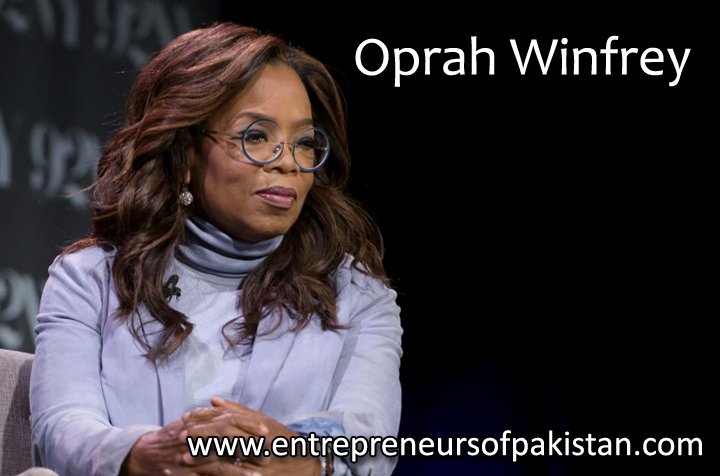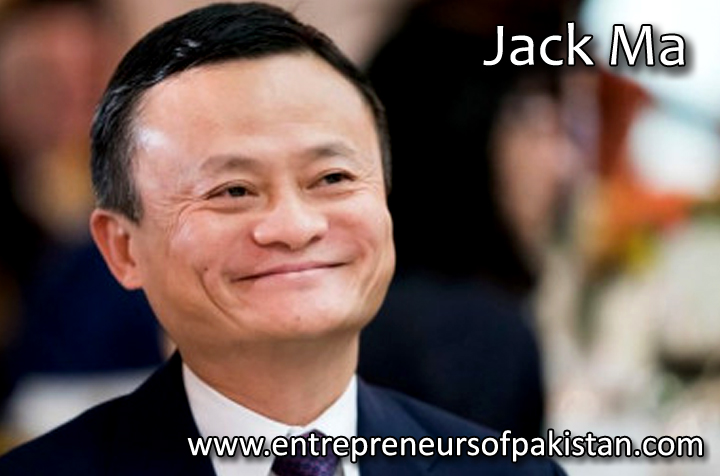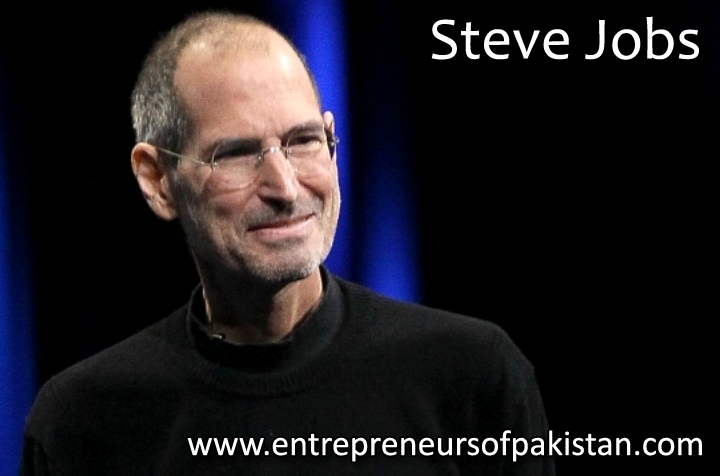Michael Saul Dell, born on February 23, 1965, in Houston, Texas, displayed an early aptitude for technology. His fascination with computers and entrepreneurship became evident during his teenage years.
Educational Journey and Founding Dell: While attending the University of Texas at Austin, Dell started a computer upgrade business from his dorm room. In 1984, at the age of 19, he officially founded Dell Inc., initially named PC’s Limited, with the vision of selling directly to consumers.
Direct-to-Consumer Model: Dell disrupted the computer industry by adopting a direct-to-consumer sales model, allowing customers to customize and order computers directly from the company. This approach marked a departure from the traditional retail distribution model.
Rapid Growth and Market Dominance: Dell Inc. experienced rapid growth, becoming a Fortune 500 company within four years of its founding. The company’s focus on customization, cost efficiency, and customer satisfaction propelled it to the forefront of the personal computer market.
Innovations and Industry Influence: Under Dell’s leadership, the company introduced innovations such as build-to-order manufacturing and just-in-time inventory. Dell Inc. became a dominant force in the tech industry, known for its efficient supply chain and cutting-edge technologies.
Challenges and Privatization: Facing challenges in the changing landscape of the tech market, Dell took the company private in 2013 through a leveraged buyout. This strategic move allowed for more flexibility in reshaping the business to adapt to evolving industry trends.
Return as CEO and Dell Technologies: In 2013, Dell resumed his role as CEO after the company went private. Under his leadership, Dell Inc. evolved into Dell Technologies, a comprehensive technology solutions provider encompassing computing, storage, networking, and more.
Philanthropy and Social Impact: Michael Dell is actively involved in philanthropy through the Michael & Susan Dell Foundation. The foundation focuses on initiatives related to education, healthcare, and family economic stability, making a positive impact on communities worldwide.





















